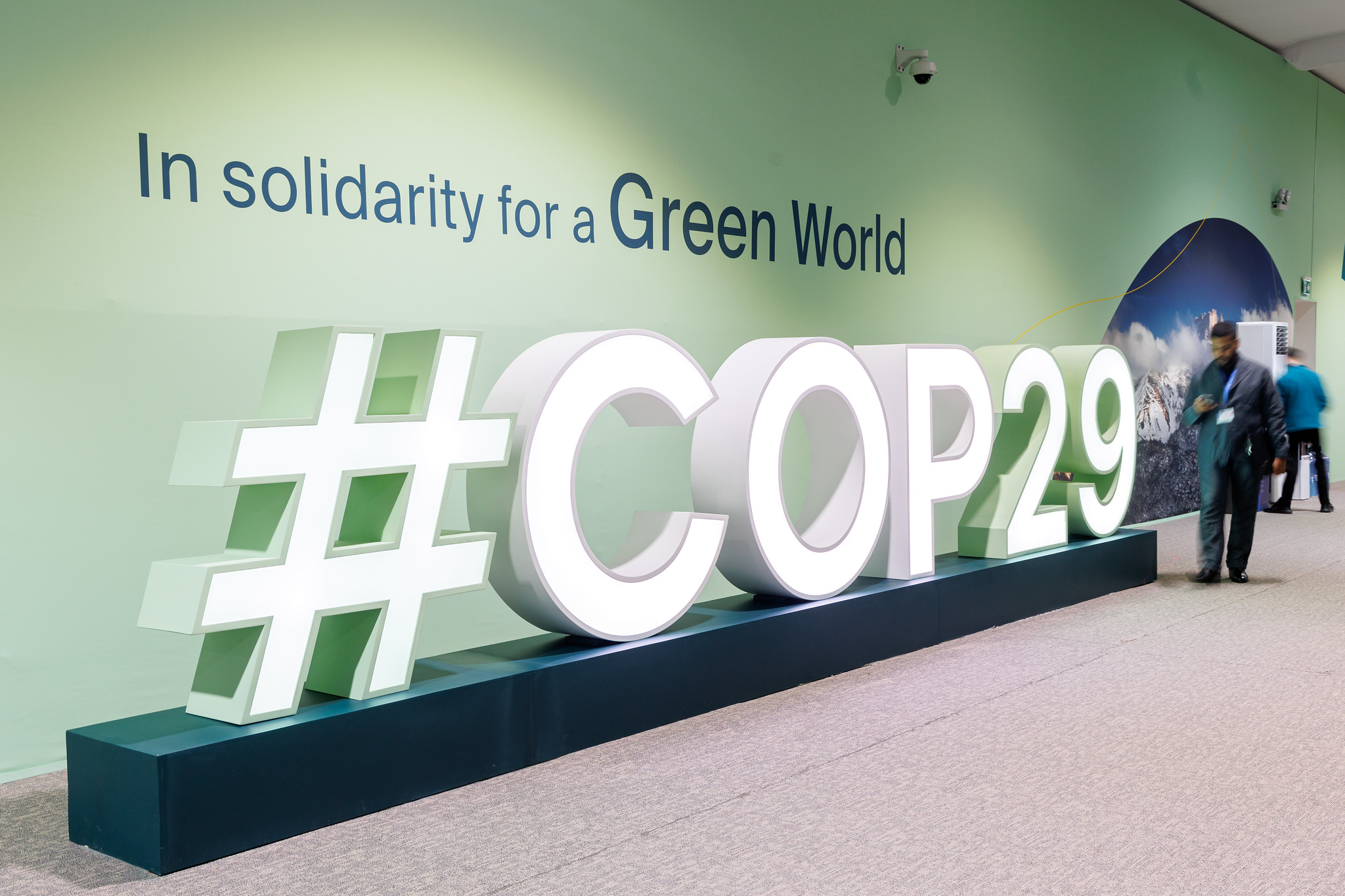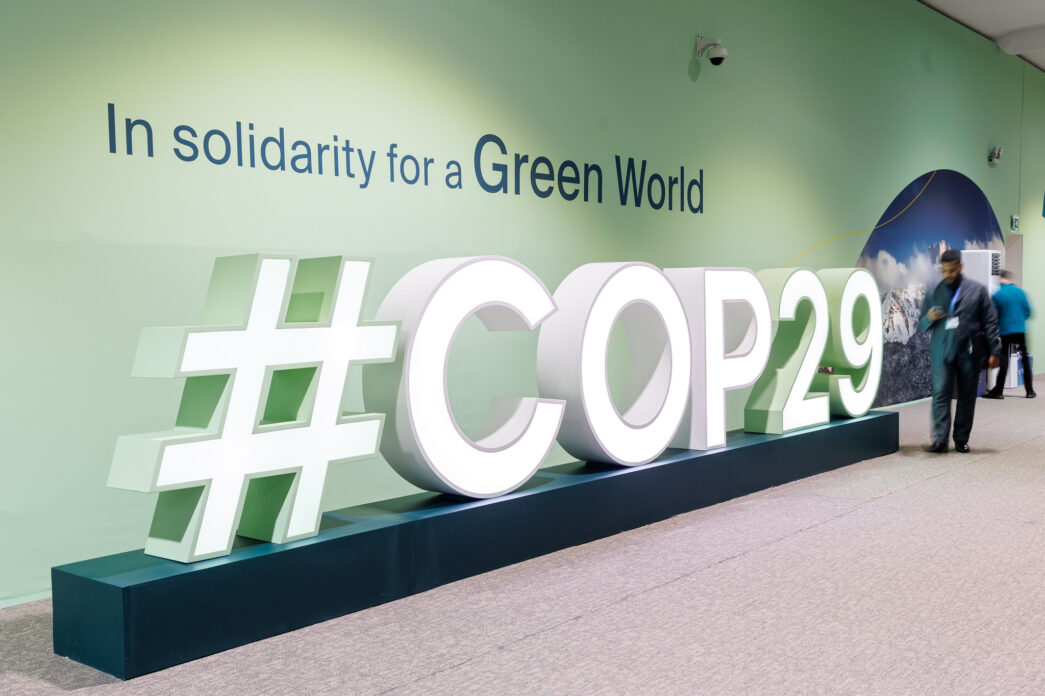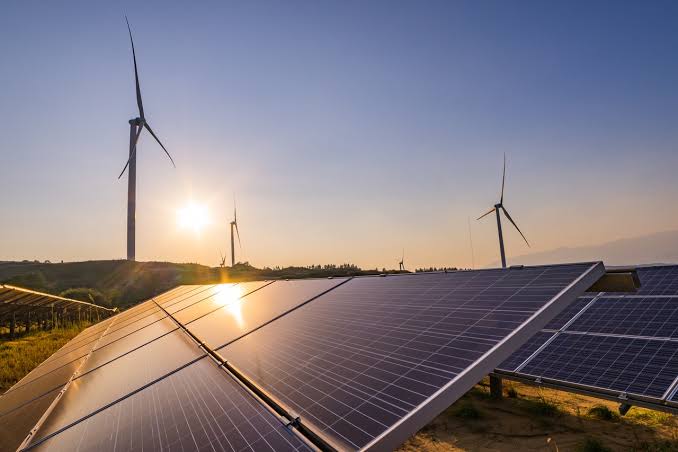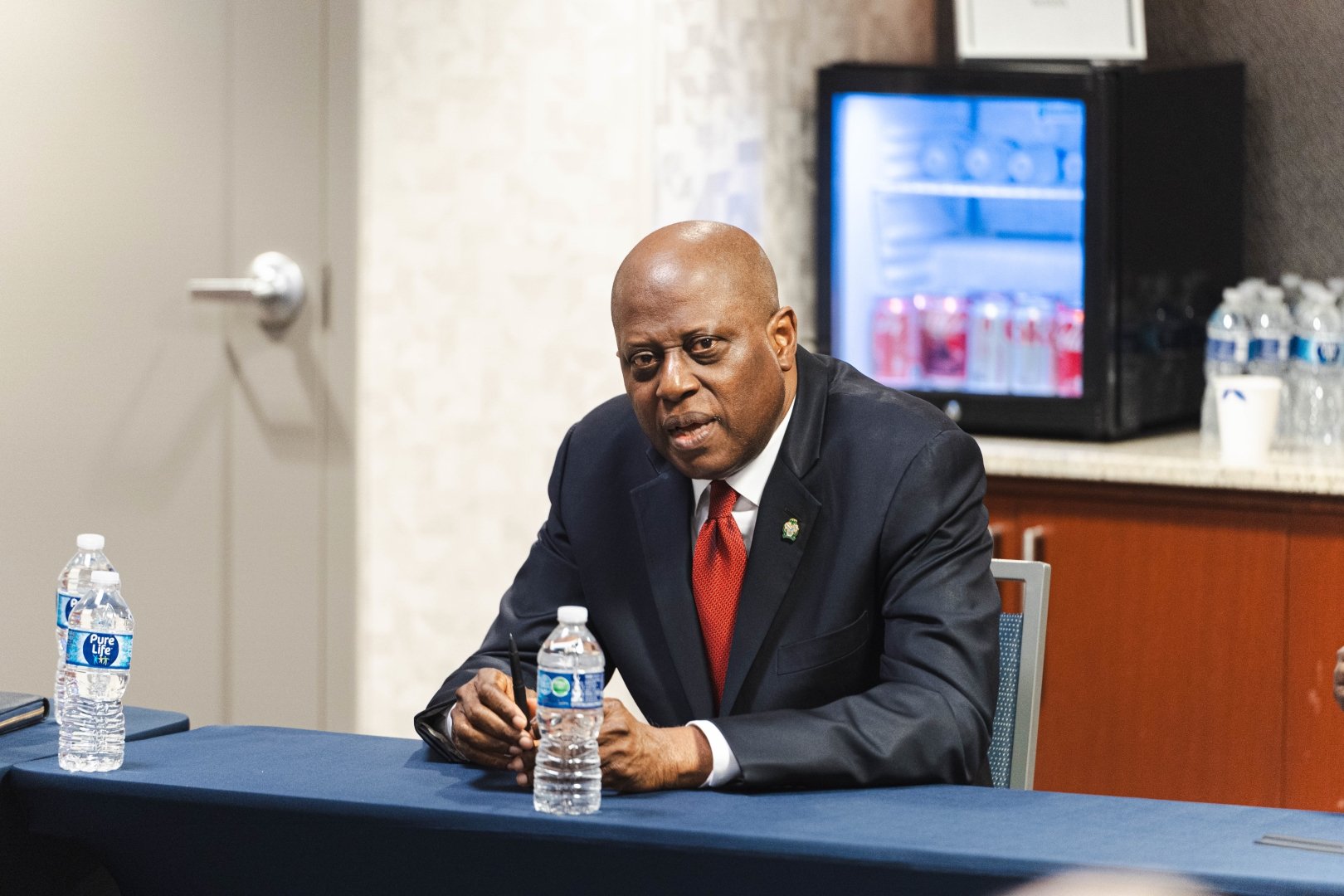COP29
BY OLADOSU ADEBOLA OLUWASEUN
COP29, held in Baku, Azerbaijan, was a critical juncture for climate justice and global action. The conference unfolded amidst growing evidence of climate impacts, mounting calls for accountability, and urgent demands for equitable solutions. It highlighted the need to bridge the gap between global commitments and the realities faced by vulnerable nations, particularly in areas such as climate finance, loss and damage, and fossil fuel dependence.
The urgency of COP29 was underscored by alarming data from the Intergovernmental Panel on Climate Change (IPCC). Global temperatures have already risen by 1.2°C compared to pre-industrial levels, pushing the planet closer to the 1.5°C threshold. The IPCC warns that surpassing this limit could lead to catastrophic consequences, including more intense heatwaves, rising sea levels, and extreme weather events. In 2023 alone, climate disasters displaced over 40 million people worldwide, highlighting the immediate human cost of inaction.
One of the central themes of COP29 was climate finance. While previous summits have set ambitious targets, actual disbursements have lagged significantly. The $100 billion annual pledge by developed nations, promised during COP15 in Copenhagen, remains unmet, with only $83 billion delivered in 2022. At COP29, negotiators finalised a new agreement to raise $1.3 trillion annually by 2030, aiming to address this gap. The funding is designed to support both mitigation and adaptation efforts, prioritising the most vulnerable nations. However, critiques arose regarding the reliance on market-based mechanisms, such as carbon offsets, which critics argue allow wealthier nations to avoid substantive emission reductions while placing the burden of mitigation on developing countries.
Advertisement
The issue of loss and damage also took centre stage, building on the establishment of the Loss and Damage Fund at COP27. This fund represents a lifeline for many developing nations, particularly Small Island Developing States (SIDS). Rising sea levels and intensifying storms threaten these nations, with projections suggesting some islands could become uninhabitable by 2050.
While the fund’s operationalisation was hailed as a milestone, initial contributions of $200 million fell far short of the $300 billion estimated to be needed annually by 2030. The complexity of disbursement mechanisms also raised concerns about whether the fund would deliver timely and equitable support.
COP29 also witnessed a heated debate over fossil fuel phase-out. The International Energy Agency (IEA) has repeatedly emphasised that achieving net-zero emissions by 2050 requires halting new investments in fossil fuel infrastructure. Despite this, global subsidies for fossil fuels reached $7 trillion in 2022, a stark contradiction to climate goals.
Advertisement
At COP29, some nations, led by the European Union and Pacific island countries, pushed for a global agreement to phase out oil, coal, and gas. However, resistance from major producers, including Saudi Arabia and Russia, diluted the final text, which merely reiterated commitments to “phase down” rather than eliminate fossil fuel use.
A standout moment was the walkout by the Alliance of Small Island States (AOSIS), a group of nations disproportionately affected by climate change. Frustrated by insufficient financial commitments and lack of progress on key issues, AOSIS delegates called for a more robust framework to address their unique vulnerabilities. Their action drew global attention to the inequities of the current climate governance system, where those least responsible for emissions often bear the brunt of climate impacts.
The conference also showcased innovations in climate action. Several countries and private entities announced groundbreaking initiatives, such as the expansion of renewable energy projects and large-scale reforestation efforts.
Notably, India pledged to increase its renewable energy capacity to 500 GW by 2030, while the European Union committed to a 55% reduction in emissions by 2030 compared to 1990 levels. These commitments reflect growing recognition of the economic opportunities inherent in the green transition, including job creation and energy security.
Advertisement
Despite these developments, COP29 exposed persistent divisions between developed and developing nations. The Global South continues to demand historical accountability, pointing out that developed nations are responsible for over 80% of cumulative carbon emissions since the Industrial Revolution. Meanwhile, developed countries emphasise the need for all nations, including emerging economies like China and India, to contribute to emission reductions.
The conference concluded with mixed outcomes. While progress was made in areas like climate finance and adaptation, the lack of a unified approach to fossil fuel phase-out and inadequate support for loss and damage highlighted the limitations of the current multilateral system. As the impacts of climate change intensify, the decisions made at COP29 will shape not only the future of the planet but also the dynamics of international cooperation.
COP29 was indeed a pivotal moment for climate justice and global action. It reinforced the urgency of addressing climate change while exposing the challenges of achieving equitable solutions in a fragmented world. Moving forward, the success of these efforts will depend on translating promises into action and ensuring that no nation is left behind in the fight against climate change.
Oladosu Adebola Oluwaseun is an environmental journalist and a post-graduate degree holder in journalism
Advertisement
Views expressed by contributors are strictly personal and not of TheCable.
Add a comment









